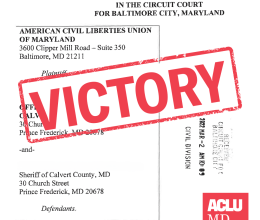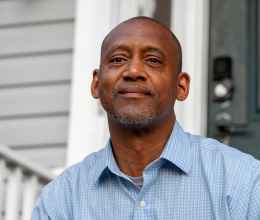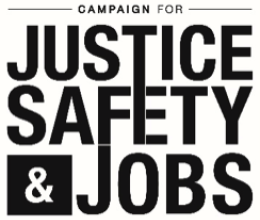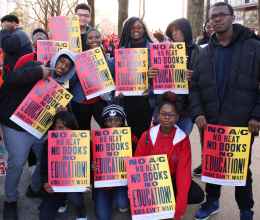- Take action: Let the Baltimore City Council know that youth curfew laws are not the answer to keeping young people safe.
- Read the ACLU of Maryland letter to the Baltimore City Council.
CONTACT: Meredith Curtis, ACLU of Maryland, 410-889-8555, media@aclu-md.org
BALTIMORE - Troubled that an extreme and far-reaching youth curfew proposal in Baltimore City might cause more problems than it solves, the American Civil Liberties Union (ACLU) of Maryland today sent a letter to the Baltimore City Council detailing constitutional and policy concerns. Currently, Baltimore has curfews from 11 p.m. to 6 a.m. and 9 a.m. to 2:30 p.m. This proposal would greatly expand curfew hours - to as early as 9 p.m. for some young people - and coerce parents whose kids violate the curfew into "family counseling." The proposal is scheduled to receive a second reader vote Monday night.
"Putting kids under virtual house-arrest, without regard for their individual situations, creates far more problems than it solves, and encourages police to stop young people for no reason at all and demand ID, increasing the risk that they will be arrested, subjected to force, and handcuffed," said Sonia Kumar, Staff Attorney for the ACLU of Maryland. "Courts around the country have struck down as unconstitutional curfews that are far less extreme than the proposal being considered here."
There is no evidence that locking people inside keeps them from being victimized or delinquent. The police can take action when they believe a young person is in danger or causing harm.
The proposal invites arbitrary and discriminatory enforcement by:
- Requiring police to seek to obtain "school or other valid identification" - a "carry your papers law" for anyone who looks young.
- Failing to account for the realities how Baltimore Police interact with young people, particularly young people of color.
- Not specifying what police are supposed to do with a young person who is violating the curfew.
Courts have struck down similar juvenile curfew laws, which excessively and unnecessarily abridge the rights of young people and their parents.
###







